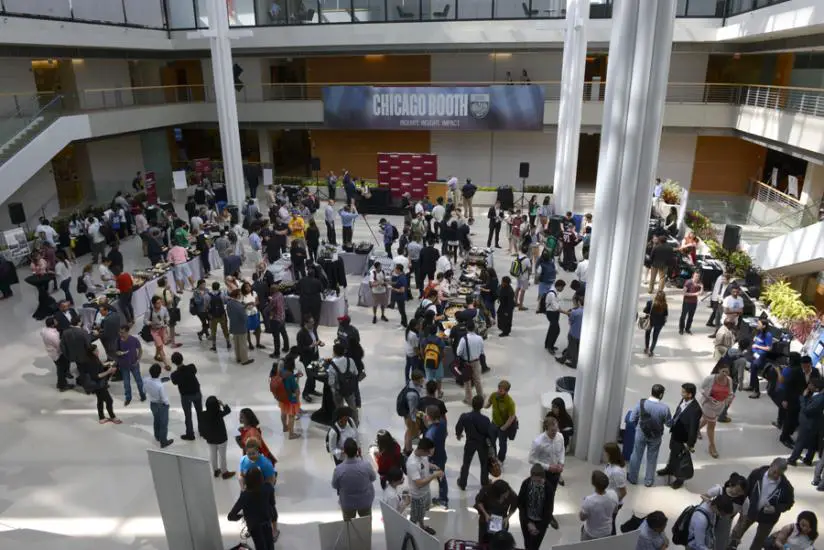Questions related to climate change are more important than economic growth for more than 50 percent of voters in the 18 to 29 age group, according to a recent survey by Harvard University.
The survey found that the younger generation shares more concerns about climate change than older people and wants the government to do everything in its capacity to curb it.
Amy Harder of Axios held informal roundtables with eight students at Western Washington University and with a similarly sized group at the University of Chicago. The conversations revealed a growing concern about climate change among students who questioned lifestyles dependent on oil, natural gas, and coal that are prime culprits fueling the rise in global temperatures.
“We all know this information and still take part in these activities,” said Kellen Lynch, a 29-year-old who is studying in Western. “Telling people not to eat or not to drive is not that effective. How do we reframe that conversation.”
While the University of Chicago’s student, Kristen Lam, said policies are an effective measure to force people change the way they live. She further noted that such discussions are often held during classes, but they often fail to make an impact on people’s behavior.
The students particularly blamed corporations for climate change.
“Our system of our extractive economy is the enemy,” said Erin Ruark, a 22-year-old student at Western University. “I wouldn’t like to think of petroleum companies or the people that work for them as enemies. I would like to think of them as potential partners.”
The students called for major systematic changes with some proposing a carbon tax to clean-energy mandates to better education.
Lately, many campuses across the United States have started initiatives to cut greenhouse gas emissions and make use of clean energy.
In January, Brown University started two new renewable projects to offset 100 percent of its on-campus electricity use. The University of California has also pledged to reach 100 percent reliance on clean energy supply across its campus by 2025.



